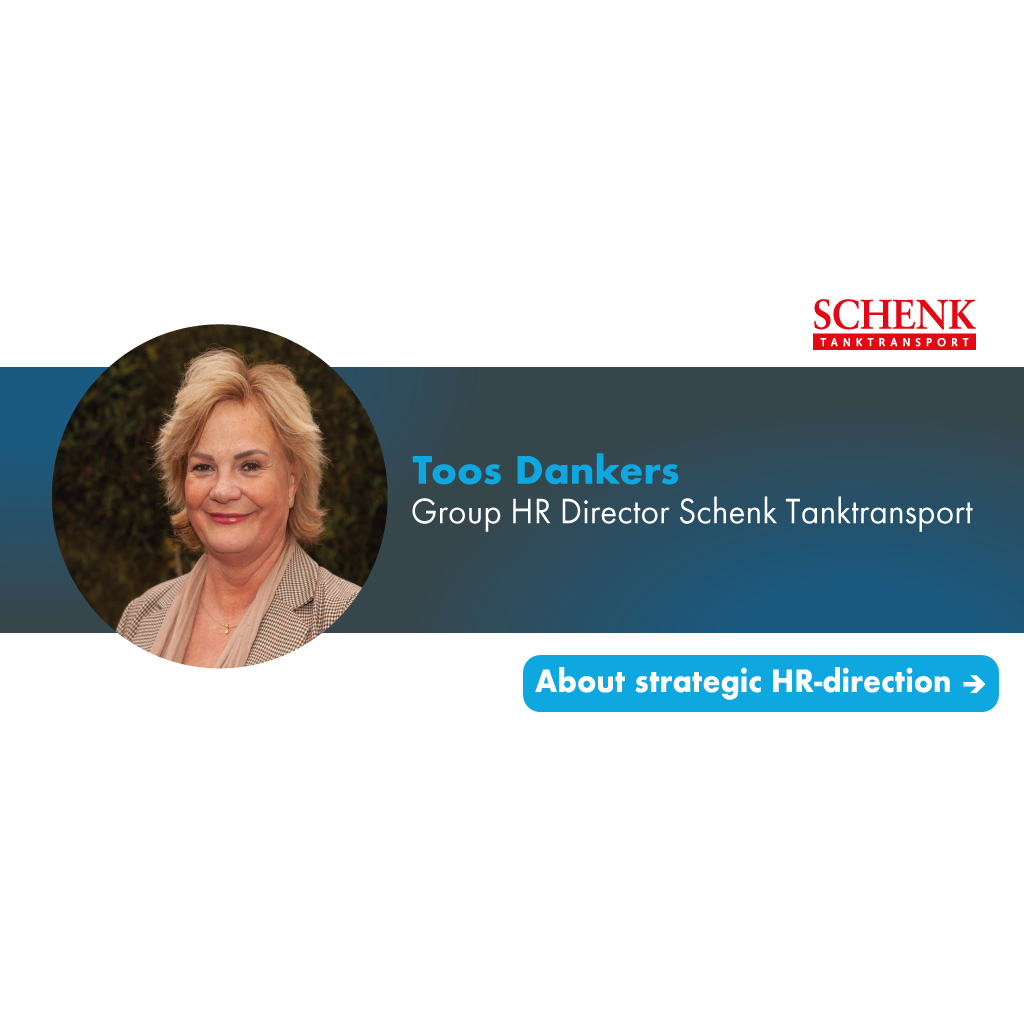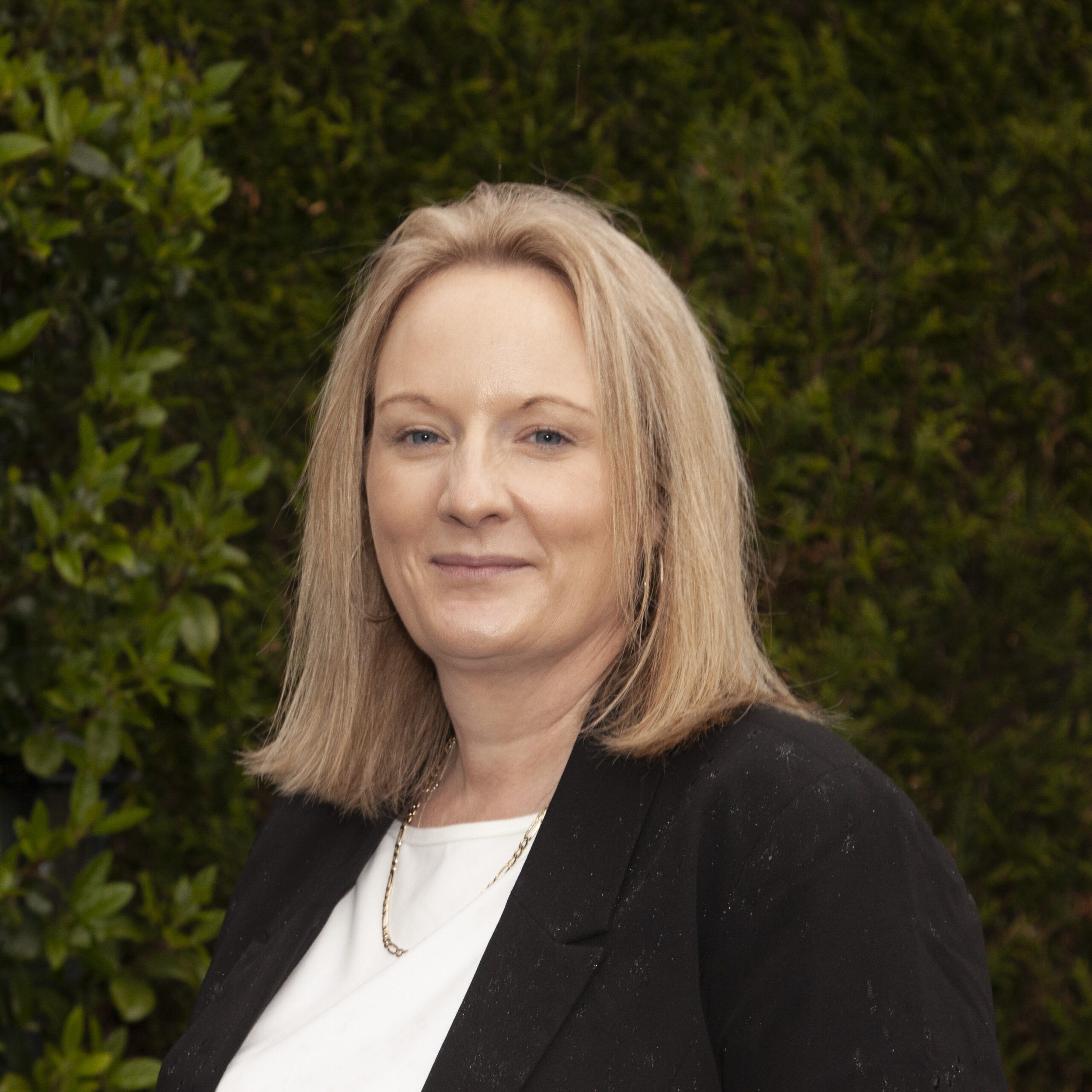The logistics sector is undergoing significant changes: Think of technological developments, a tight labour market, and changing expectations around work/life balance. These developments call for a new perspective on work and leadership. At Schenk, we believe that tomorrow’s success starts with today’s people.
That’s why we consciously place our people at the heart of our strategy. Not only who we are now, but how we continue to grow determines our success. “The question isn’t whether we will change, but how. And above all: how we ensure our people don’t become overwhelmed, but instead remain agile for the future,” says Toos Dankers, Group HR Director Schenk. This human approach forms the basis of our strategic choices.
The sector is changing rapidly
Logistics is demanding work, both physically and mentally. High workloads, long days, tight schedules, and complex customer demands take their toll. At the same time, the labour market is extremely tight, making it increasingly difficult to find good colleagues.
The traditional approach with fixed schedules and limited development opportunities no longer meets the needs of modern employees. Younger generations in particular seek work that is flexible and fits their lifestyle. “We see it in conversations with new and existing colleagues: the desire for flexibility, development, and a healthy work-life balance is becoming increasingly important,” says Toos. “At the same time, we notice that it’s becoming harder for older colleagues to keep up with the fast pace.”
These differences call for an HR approach that considers various life stages and talents. It’s important that everyone feels like a skilled professional. Whether you’re just starting as a planner or have been working as a technician for years, mastering your craft and continuing to develop is essential.
Our strategic HR direction
At Schenk, we consciously choose an HR strategy that reflects and strengthens our core values. It’s not a list of separate pillars, but an integrated whole where professional skill, ownership, collaboration, and empowerment are visible every day. Sustainable employability and people-centred leadership are also inseparably linked.
Sustainable employability & craftsmanship
We invest in the long-term vitality and development of our people, so they can not only work with enjoyment and energy but also retire in good health. By promoting craftsmanship, for example through training focused on safe driving for drivers or technical innovations for technicians, we ensure sustainable employability that aligns with each person’s situation and ambition.
People-centred leadership & ownership
Our leaders lead with attention to mutual dialogue, growth, and performance. This means they encourage employees to take responsibility for their development and for Schenk’s success. A safe and honest working environment, both physically and mentally, is crucial. This creates trust, allowing employees to show ownership and take initiative, such as suggesting process improvements or supporting colleagues.
Collaboration as the engine of success
At Schenk, drivers, technicians, planners, and office colleagues work closely together. Planners consult daily with drivers to keep routes realistic and manageable. Technicians communicate directly with drivers about maintenance to prevent downtime. This cross-pollination of knowledge and experience boosts efficiency and increases job satisfaction.
Empowerment through trust and tools
We not only give our people trust but also the tools to make decisions and improve their work. Digital planning systems provide drivers with insight and flexibility, technicians are involved in innovation projects, and employees are given space to provide feedback and share ideas. This strengthens the sense of autonomy and encourages proactive behaviour.
“We’re not there yet,” acknowledges Toos, “but by living these values and integrating them into our strategy, we’re making important progress. The most important thing is that we listen to our colleagues.”
Honesty about improvements
We also know that changing an organisational culture takes time. Not everything works immediately. Change can sometimes cause uncertainty for both managers and employees. And finding the right balance between flexibility and operational feasibility remains a challenge.
“It’s easier to talk about things than to do them,” Toos admits. “But if we want sustainable relationships with our people, we must also be honest about what can still be improved. We need to clearly communicate when something isn’t possible or will take time. Feedback is essential to maintain the dialogue.”
What does agility really mean in practice?
What we build must not only contribute to job satisfaction or health but also to Schenk’s overall agility. Because an organisation that takes its people seriously is ultimately better equipped to respond to changing customer needs, technological innovations, and societal demands, such as sustainability and safety. Two pillars that are of great importance within our organisation.
That means investing not only in equipment or digitalisation but especially in people. In skills, communication, and culture.
“Sustainably employable people are better prepared for change. They think along, keep learning, and want to grow. And that makes us future-proof as an organisation,” says Toos. “Many colleagues find it important to be agile and embrace change, but sometimes doubt their ability to do so. That’s why it’s so important that we do everything we can to support them in their development.”
What future are we building together?
At Schenk, we believe that ownership starts with engagement. That everyone is not only part of our story but also actively shapes it. Ownership means seizing opportunities together, tackling challenges, and continuously growing.
Toos concludes: “This way, we don’t let the future happen to us – we consciously create it together. Because only when we all take the wheel can we build a future where everyone feels seen and can grow.”

